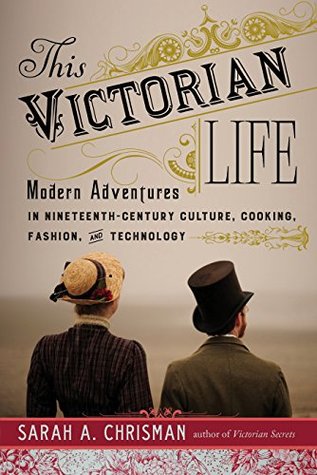More on this book
Kindle Notes & Highlights
Read between
May 29 - July 1, 2017
We must have objects of use to meet our daily needs; why not choose examples that delight our senses at the same time? The Victorians believed very strongly that beauty inspires goodness. Teachers were urged to fill their classrooms with beautiful items to
Because washbowls and their corresponding pitchers started as matched pairs, they make a particularly good example of something archivists call “survival bias.” Survival bias is the tendency of artifacts to survive—or be destroyed—out of proportion to their original numbers. It works against fragile or common items and in favor of sturdy or unusual ones. Survival bias is the reason sturdy meat grinders and cherished wedding dresses appear in antiques stores in larger numbers than fragile champagne flutes or boring work clothes. At any given time, there are far more work clothes than wedding
...more
The store owner squinted at the baby. “Yeah, I don’t think this one is—he looks pretty lively. But if you do come across any death portraits, let me know.” He wrinkled one corner of his mouth, thinking over what he had just said. “That sounds so morbid.” He shook his head, rubbing his eyes with the backs of his wrists. “No, it’s okay. I know what you meant.” Photographs were, in fact, so expensive in the nineteenth century that some families could not afford to have them taken in life. In certain cases, people would scrape together enough money for a portrait of a recently deceased family
...more
The tools are quotidian but seldom plain, and the makers of chatelaines often followed William Morris’s very good advice that a person should have nothing in their life which they do not know to be useful or feel to be beautiful—but preferably both together.
Gabriel had explained the concept of target fixation: where the eyes go, the muscles in the body tend to follow, whether or not the mind intends them to.


